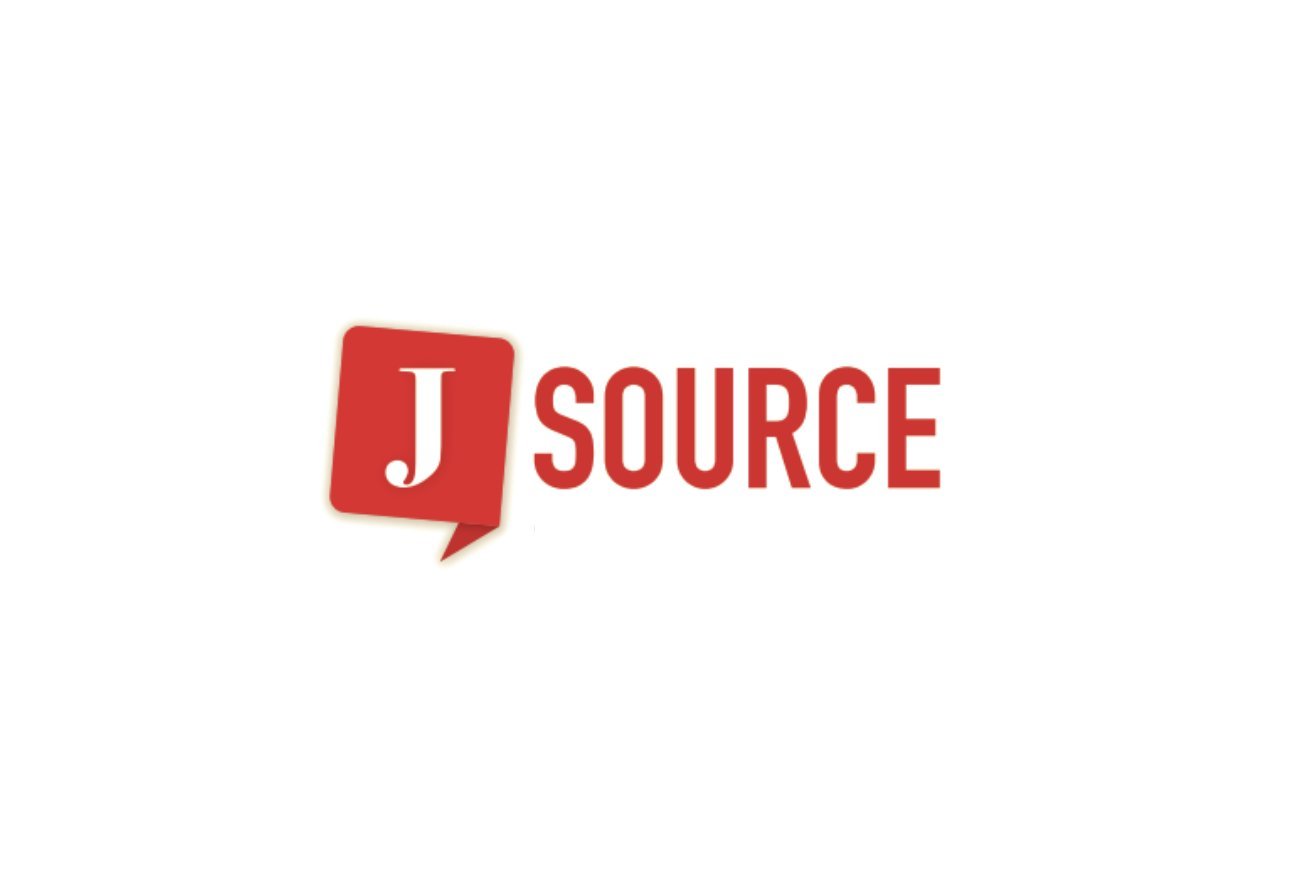
Covering Indigenous Issues
-

Available February 2023: “Decolonizing Journalism: A Guide to Reporting in Indigenous Communities” by Duncan McCue - Oxford University Press
-

"It's been said that Indigenous women disappear 'not once but three times - in life, in the media + in the data'"
His daughter went missing at 16. But his fight was only beginning - by Lucy Meyer, The Guardian, December 2022 (Illustration: Rita Liu)
-

“Rethinking Reporting of Indigenous Trauma” - Duncan McCue, Carleton School of Journalism and Communication
Virtual talk by CBC’s Duncan McCue on February 9, 2021. Moderated by Prof. Nana aha Duncan, Carleton’s Carty Chair in Journalism, Diversity and Inclusion Studies.
-

Journalist Angela Sterritt shares Indigenous realities literacy
Keynote speech at 2022 Decoda Literacy Conference
“I want to ask you to think about: what does it mean when an entire group of people, thousands of people, are posited not as they are – who they are, how they live, our land, our history, how we’ve been treated – for more than a century.”
-

Reporting In Indigenous Communities
Launched in 2011, created and curated by CBC’s @duncanmccue. An online educational guide to assist journalists who report in Indigenous communities.
-

“How Can Indigenous Reporters Care for Themselves While Covering Trauma – and How Can Their Newsrooms Help?”
Dart Online editor @camillembaker with CBC radio host @duncanmccue about the North American media's coverage of residential schools and Indigenous affairs. McCue, who is Anishinaabe and a member of the Chippewas of Georgina Island First Nation in southern Ontario, is the creator of Reporting in Indigenous Communities, a guide to covering Indigenous people for journalists
-

“How Duncan McCue approached his new hard-hitting podcast, ‘Kuper Island’ - IndigiNews
-

Rewriting journalism: How Canadian media reinforces Indigenous stereotypes
(Carmen Robertson holds a Canada Research Chair in North American Indigenous Visual and Material Culture at Carleton University in Ottawa.
By @shelbyliskphoto, TVO.org Indigenous Hub staff writer – also read Shelby’s opinion piece “Creating space for Indigenous journalism amid the whiteness of Canadian media”
-

“On love and intergenerational trauma”
by Anna McKenzie, Local journalism initiative Reporter, Toronto Star
-

Canada must reveal undiscovered truths of residential schools to heal
by @leylandcecco for The Guardian
-

“Letters to a Young Indigenous Journalist: You will feel alone. You will want to give up. But I urge you to keep going”
by Waubgeshig Rice, The Walrus, 21 August 2020
-

“Indigenous Youth in Peril”
The Agenda’s Steve Paikin interviews journalist and author Tanya Talaga
-

-

Indigenous People: Language Guidelines
University of British Columbia.
2021, Version 3.0.
-

Interview: Connie Walker, investigative reporter and creator of the CBC News podcast series “Missing and Murdered” in conversation with Julian Brave NoiseCat
for Frontier.is .
The podcast series explores the ongoing death and disappearance of Indigenous women, girls, and two-spirit people (#MMIWG2S).
-

Style Guide for Reporting on Indigenous People
Journalists for Human Rights/Indigenous Reporters Program
-

“Indiginews is creating resources to help newsrooms better cover indigenous trauma”

